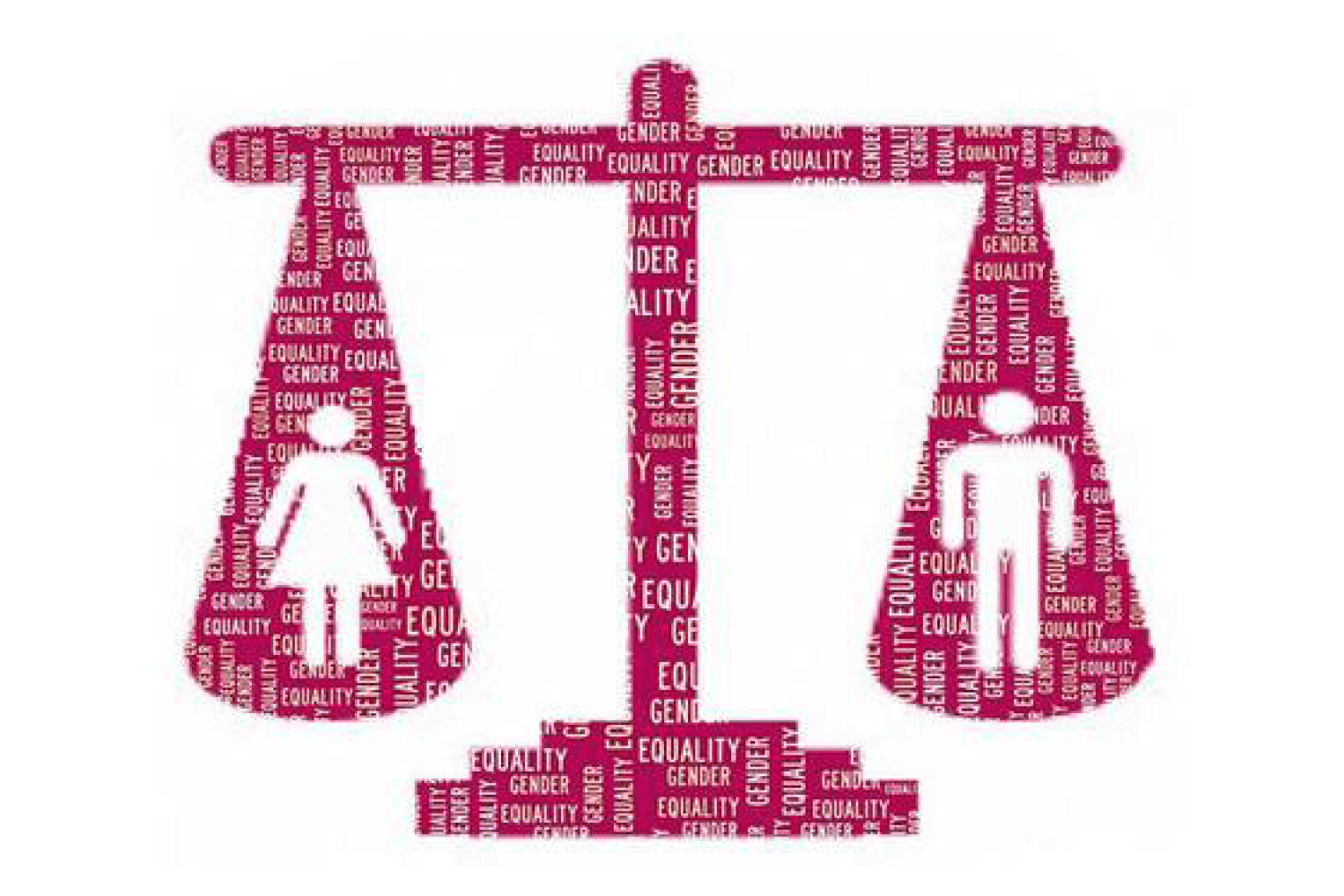Mubashar Nadeem
Before the soil of Balochistan could even dry from the blood of an innocent daughter, another brutal honor killing was carried out in Pirwadhai, a bustling locality near the federal capital of Rawalpindi—right in the shadow of the nation’s loudest claims of law and state authority. Here, another young woman was murdered in the name of “honor” on the verdict of an illegal jirga.
These are not just isolated crimes; they represent the utter helplessness of the state, the trampling of constitutional promises, and the collective failure of our social conscience. The question is no longer “What is happening?” but rather “Who is allowing, enabling, and staying silent in the face of these horrors?” If the constitution is alive, the law enforced, the police alert, the judiciary independent, and the government empowered—then what does this persistent, collective silence signify?
Jirgas: Not Tradition, But Unlawful Oppression
While some circles romanticize jirgas as symbols of rural wisdom or alternative justice, these narratives only serve to mask a grim reality. Today’s jirga is not a forum for justice but a mechanism for oppression and the illegal exercise of power—especially against women. These jirgas order women into forced marriages, declare people worthy of death, exile innocents, and mask personal vendettas as “collective decisions.” Their rulings are neither constitutional, nor religious, nor humane.
The state’s tolerance and silent acceptance of jirgas is nothing less than a blessing for these unlawful assemblies. This tacit approval emboldens them, renders state institutions powerless, and reduces the constitution to a mere piece of paper.
When the State Disappears
A fundamental duty of the state is to safeguard the life, property, dignity, and freedom of its citizens. But when a handful of influential individuals in a village, under the guise of a jirga, can ruin lives, seize land, and destroy families solely based on social influence—and the state stands by as a mute spectator—it is as if the state itself has vanished.
When justice cannot be found in courts, when the police are helpless before the powerful, when the victim’s plea dies at the police station, and when cases languish in courts for years, these gaps empower the jirga system. This illegal parallel justice is the product of state failure—administratively, legally, socially, and morally.
Honor Killing—Sanctifying Misogyny
Honor killings are not just crimes; they are a systematic denial of a woman’s autonomy, consent, and humanity. Such killings arise from a mentality that treats women not as individuals, but as symbols of family honor, to be sacrificed at will. Centuries-old patriarchy, tribal pride, feudal dominance, and the self-serving misuse of religion all drive this violence, dismissing women’s choices and opinions as not just irrelevant, but criminal.
Tragically, our educational institutions do little to challenge this mentality, media sensationalizes each case without probing the root causes, and religious leadership, through its silence, grants further legitimacy to these injustices.
When Killers Are Empowered and the Law Is Silent
Jirgas not only decide the fates of women, but also often find social acceptance and sometimes active support in enforcing their cruel decisions. Local police may either be complicit or reduced to registering futile FIRs. The judiciary, often the last hope for justice, usually awakens only after another life is lost, another mother weeps, another girl disappears. If this is not judicial apathy, then what is?
When an illegal entity like a jirga openly decides life and death, and the state stands powerless, it is not just an insult to the constitution, but a betrayal of the very hope citizens place in their country.
The Real Question
Are we living in a constitutional state, or in a tribal wilderness where justice is subject to the whims of the powerful?
Can the state truly guarantee its citizens that their lives, dignity, and futures will be determined only in the courts of law?
If not, then as a society we must admit that we live not by constitution and law, but by “tradition, honor, jirga, and fear”—where the state exists only on paper, and the law of the jungle prevails.
It is time to openly challenge every act of violence in the name of jirga, every instance of state silence, and every so-called “honor killing.” Until the rule of law reaches every street, village, and household, we cannot call ourselves a civilized nation.
















